Your cart is currently empty!
Tag: PestManagement
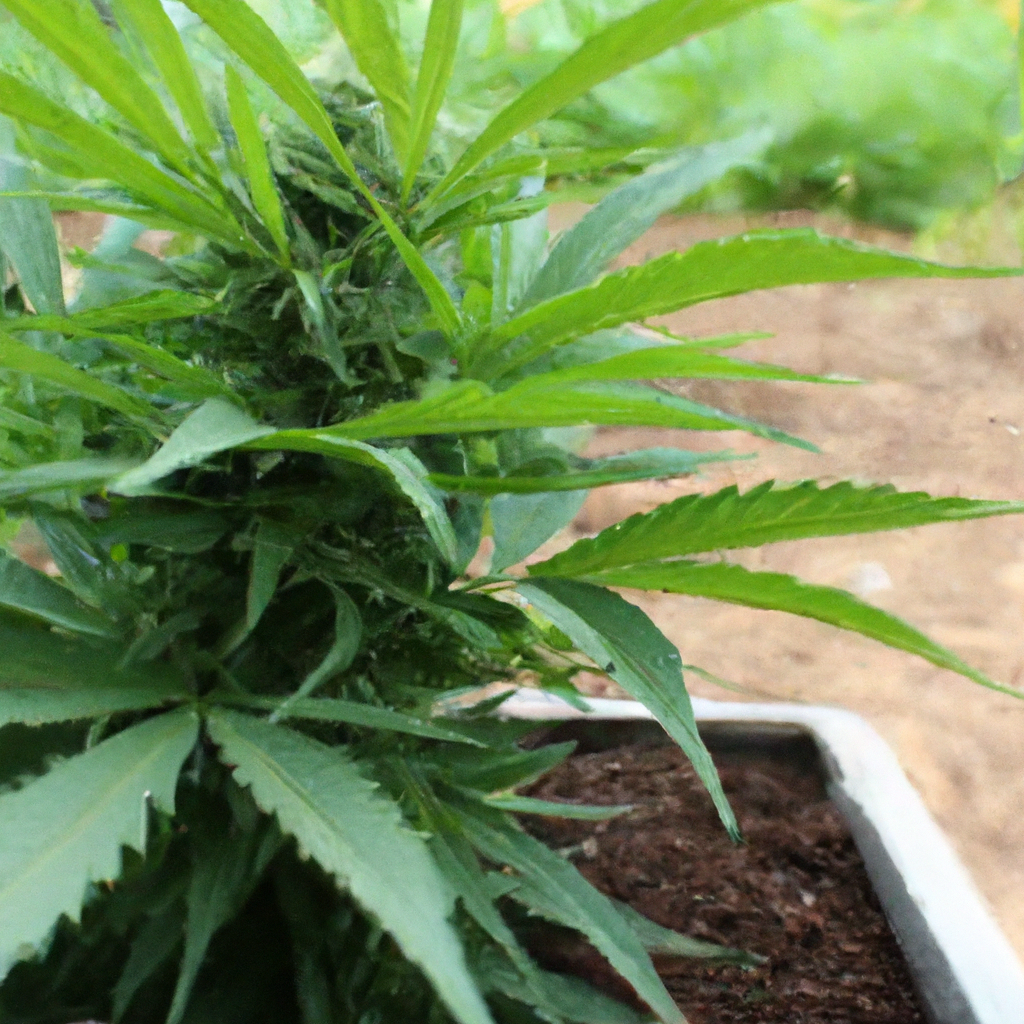
With the increasing demand for organic cannabis, growers are adopting sustainable practices to enhance yield quality and reduce environmental impact. Successful organic cultivation starts with healthy soil ecosystems, improved through composting, crop rotation, and mulching. Natural fertilizers like worm castings and fish emulsion offer an eco-friendly nutrient supply, while pest management can be achieved through…
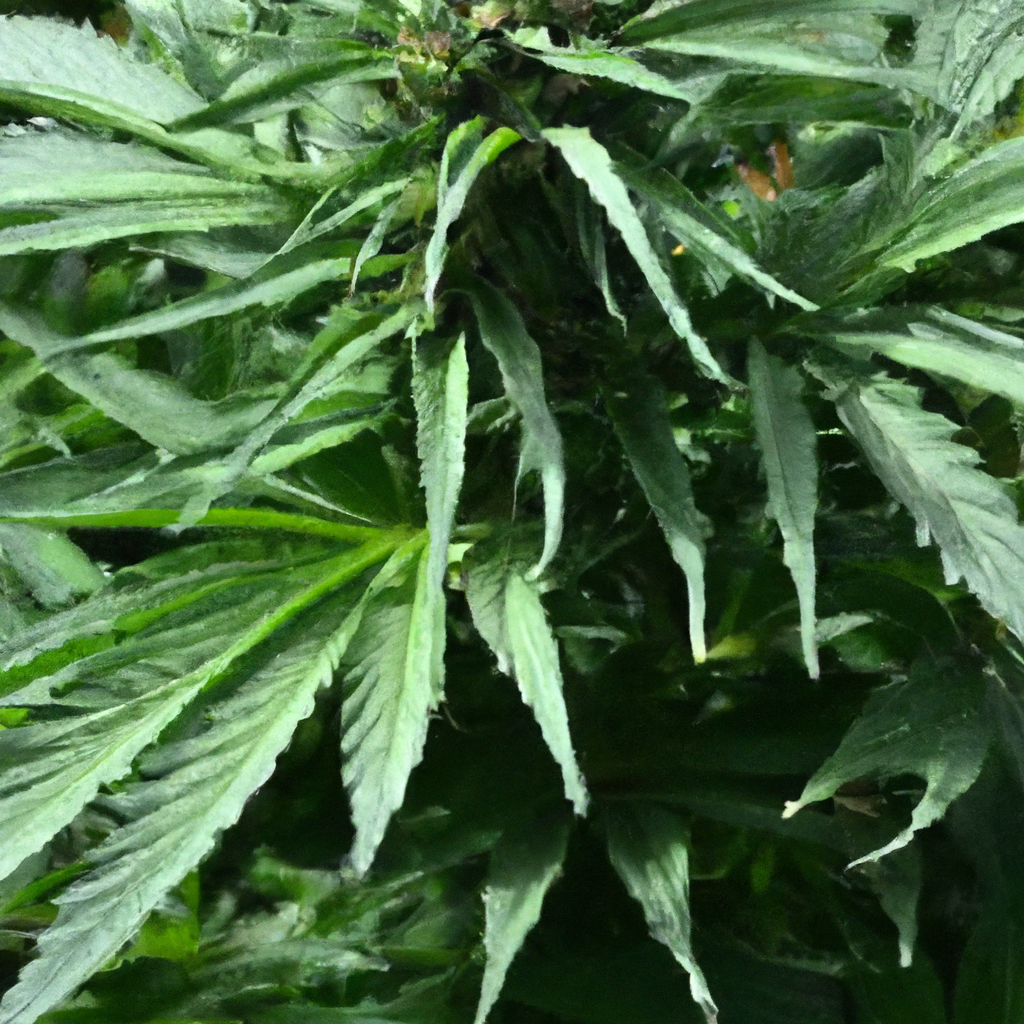
Embrace eco-friendly practices by cultivating cannabis organically, ensuring high-quality yields and supporting environmental health. Use natural fertilizers like compost, bone meal, and fish emulsion to enrich soil without chemicals. Manage pests with organic solutions such as beneficial insects, neem oil, and companion planting. Foster a sustainable soil ecosystem with good structure, humic substances, and mycorrhizal…
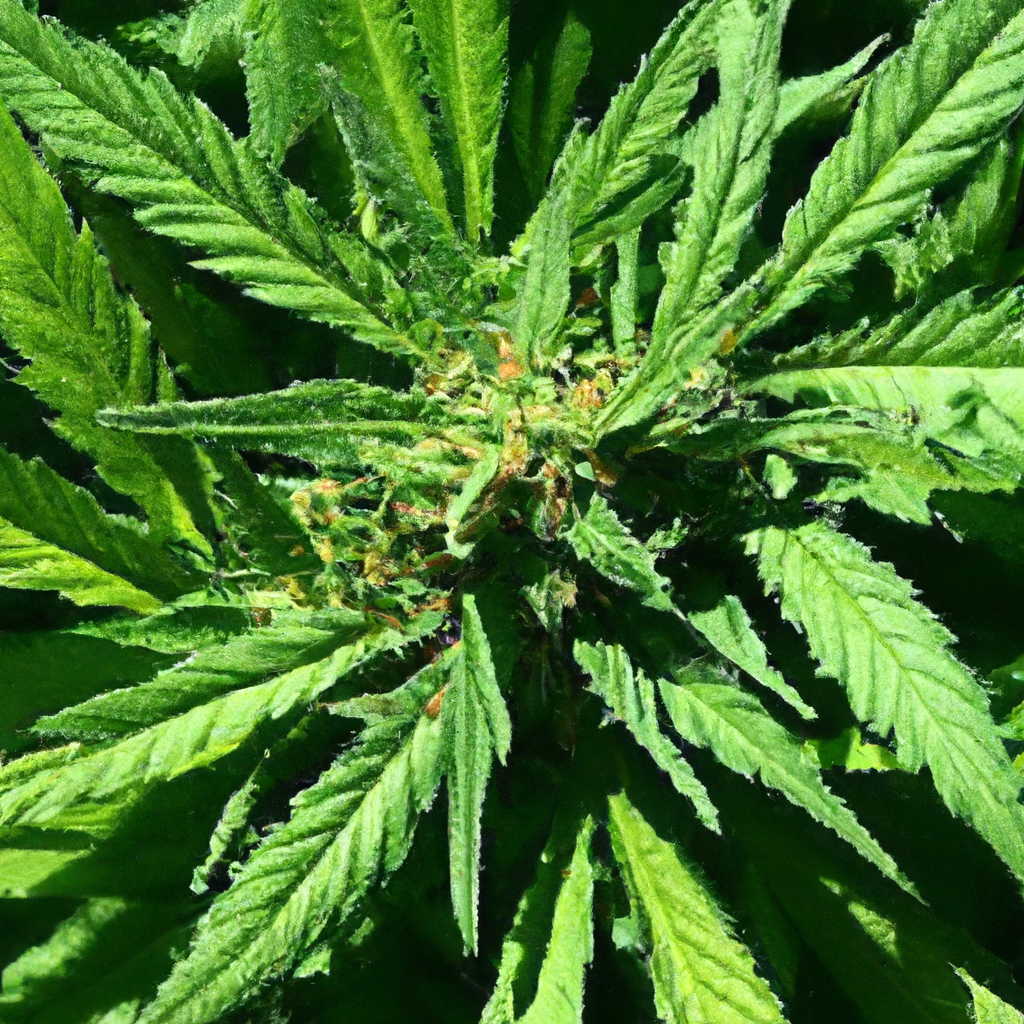
In a world focused on sustainability, organic cannabis cultivation serves as an eco-friendly method to produce high-quality, chemical-free cannabis. This practice centers on using natural fertilizers like compost, worm castings, and fish emulsion to enhance soil health. Eco-friendly pest control is achieved through companion planting, neem oil, and beneficial insects. Building a healthy soil ecosystem…
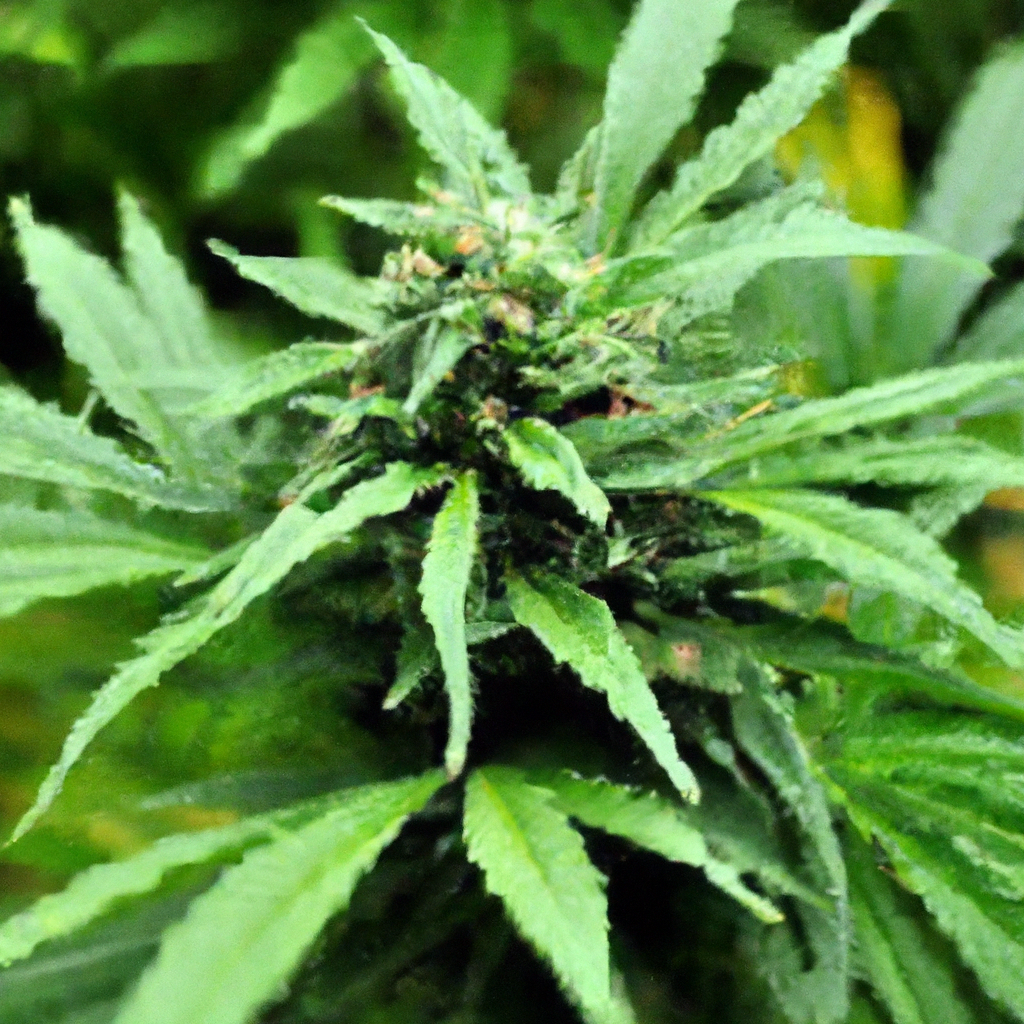
This blog post delves into the realm of organic cannabis cultivation, highlighting its sustainable and eco-friendly nature. It guides readers through the use of natural fertilizers, composting, and healthy soil practices to promote vibrant plant growth. The post also covers organic pest control techniques, such as using beneficial insects and neem oil, to maintain healthy…
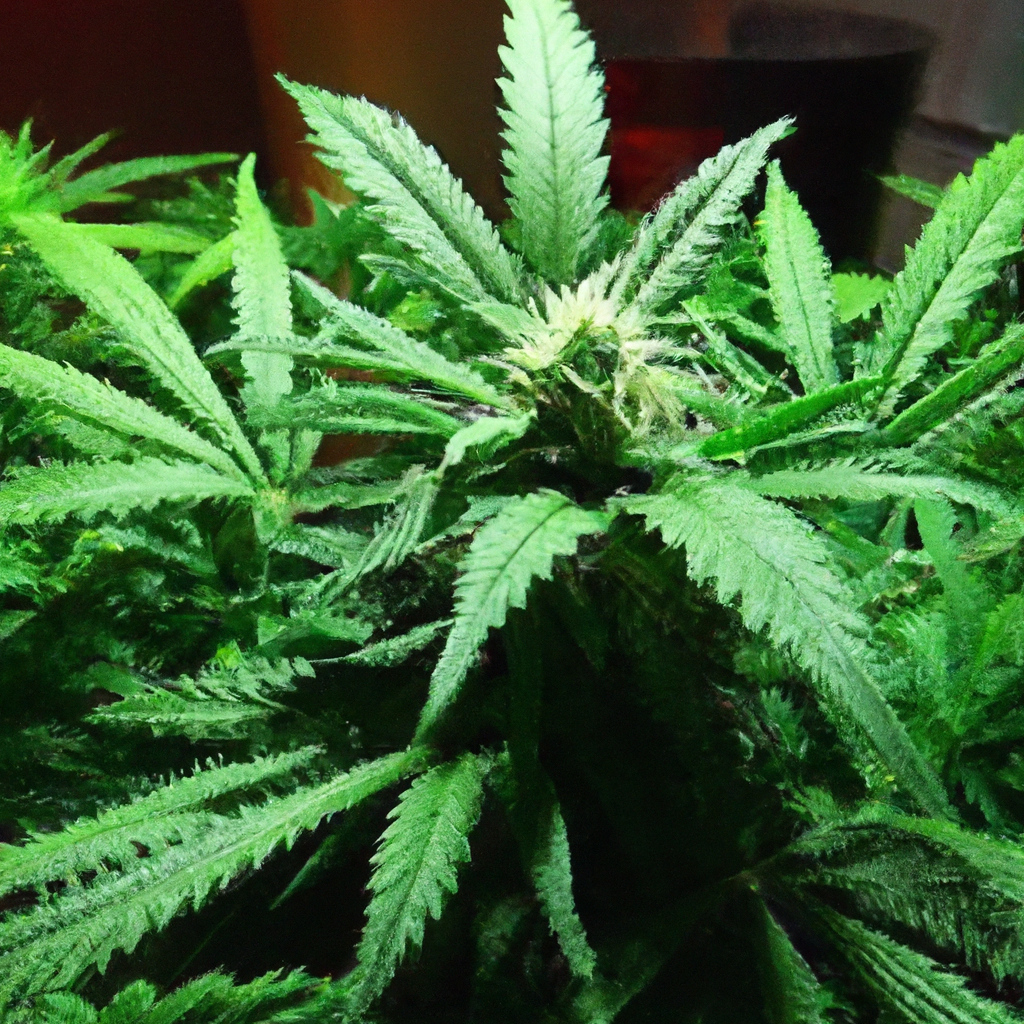
Cannabis cultivation is evolving with smart symbiotic methods that enhance growth and resilience. By fostering a natural ecosystem, growers use beneficial microbes, companion plants, and insects to support plant health and yield. Mycorrhizal fungi and rhizobacteria improve nutrient uptake, while plants like marigolds, basil, and clover deter pests and enrich the soil. Beneficial insects such…
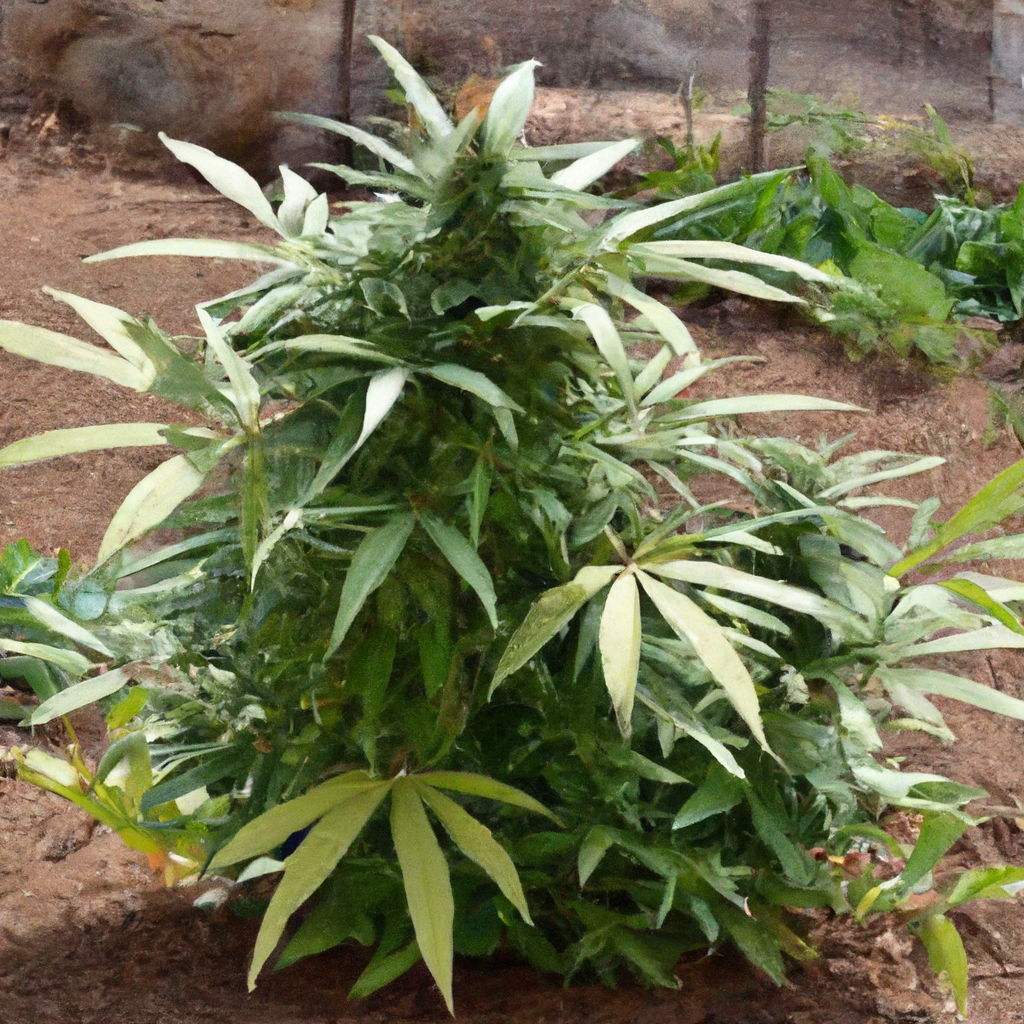
Organic cannabis cultivation merges traditional agriculture with eco-friendly methods to produce healthier, more flavorful plants while minimizing environmental impact. Key practices include enriching soil through composting, using cover crops, and avoiding synthetic chemicals by opting for natural fertilizers and pest control like neem oil and beneficial insects. Emphasizing water management, renewable energy, and carbon sequestration…
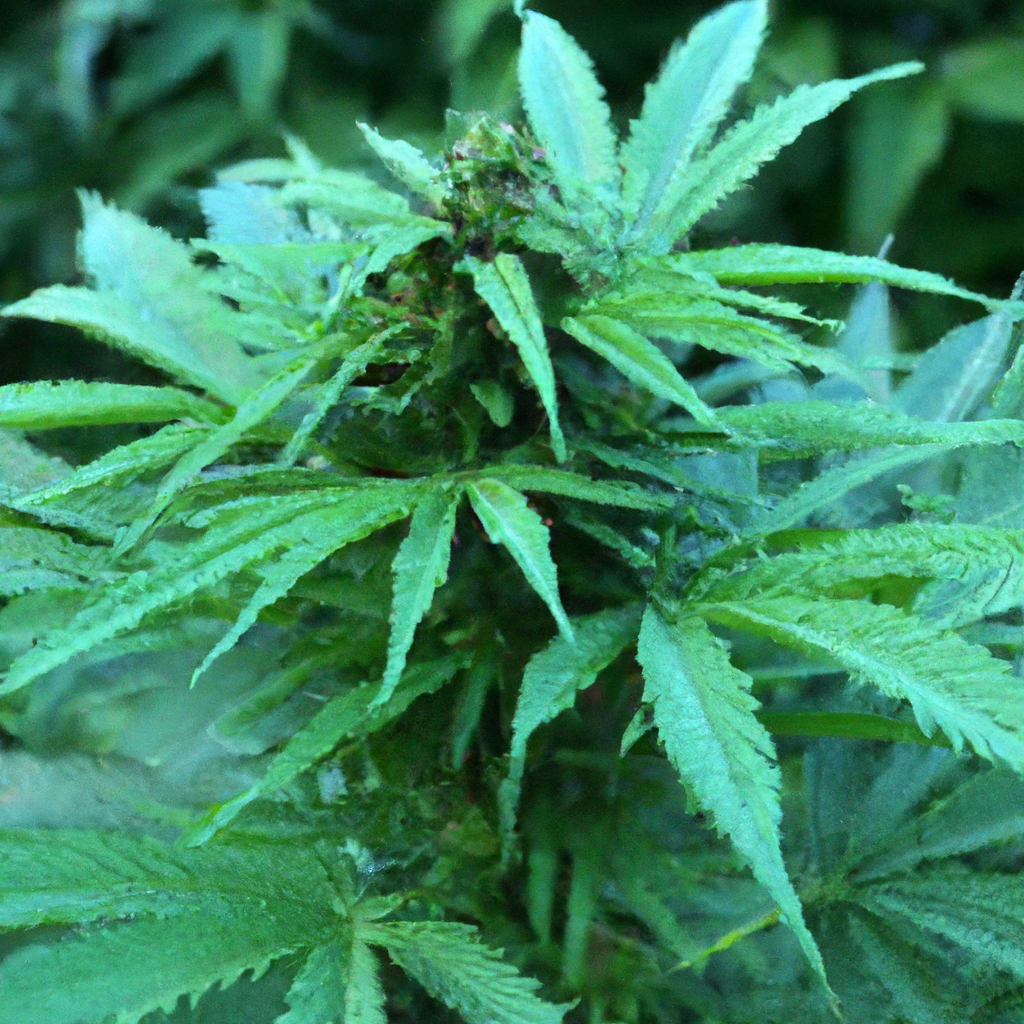
Growing cannabis can be challenging, particularly with pest management. Instead of chemical pesticides, many cultivators turn to beneficial insects like ladybugs, predatory mites, praying mantises, and lacewing larvae. These natural pest control agents help protect plants and enrich garden ecosystems. Effective integration involves identifying pests, selecting suitable beneficial insects, carefully releasing them, and adjusting strategies…
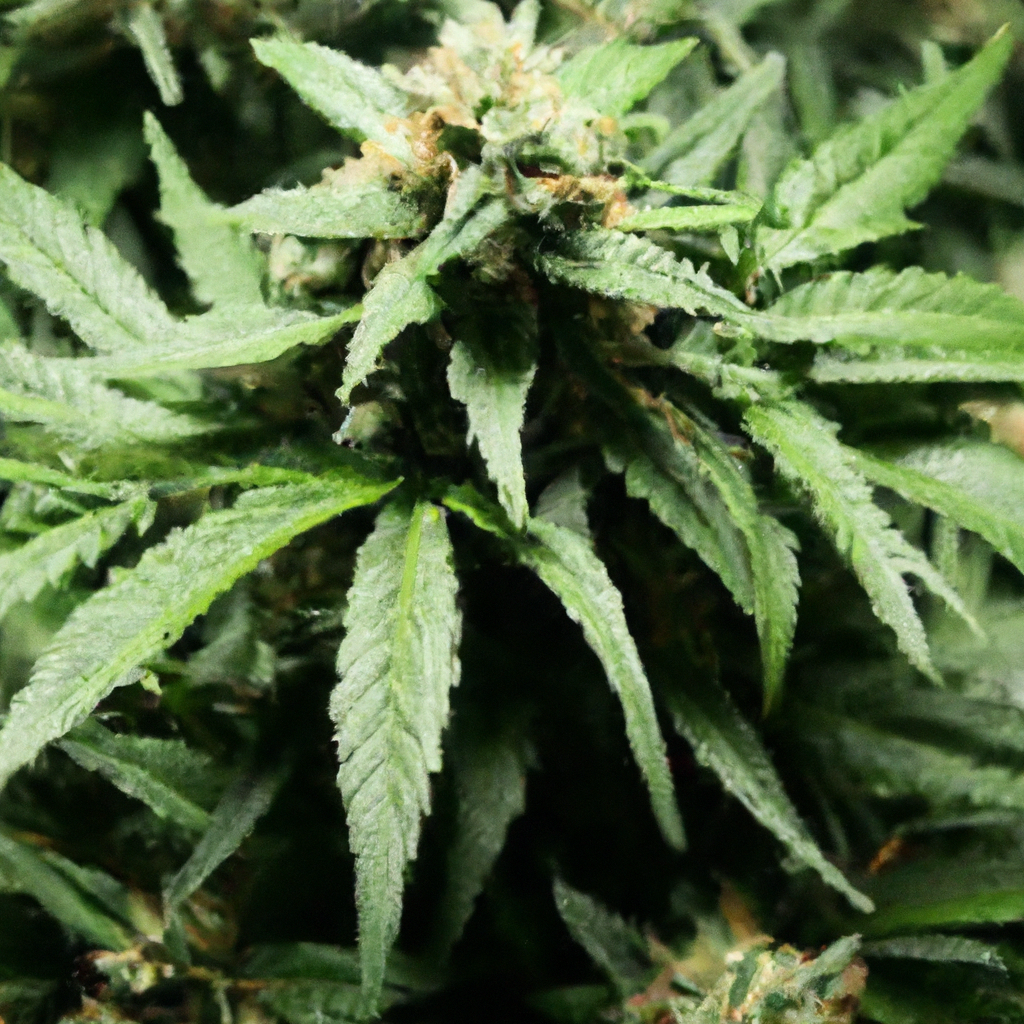
Embarking on cannabis cultivation requires more than just planting seeds. This guide outlines essential techniques for a thriving garden, covering key aspects like light exposure, watering schedules, and nutrient management. It also addresses common challenges such as pest control, mold prevention, and nutrient deficiencies, providing solutions like integrated pest management and adjusting nutrient mixes. Enhance…
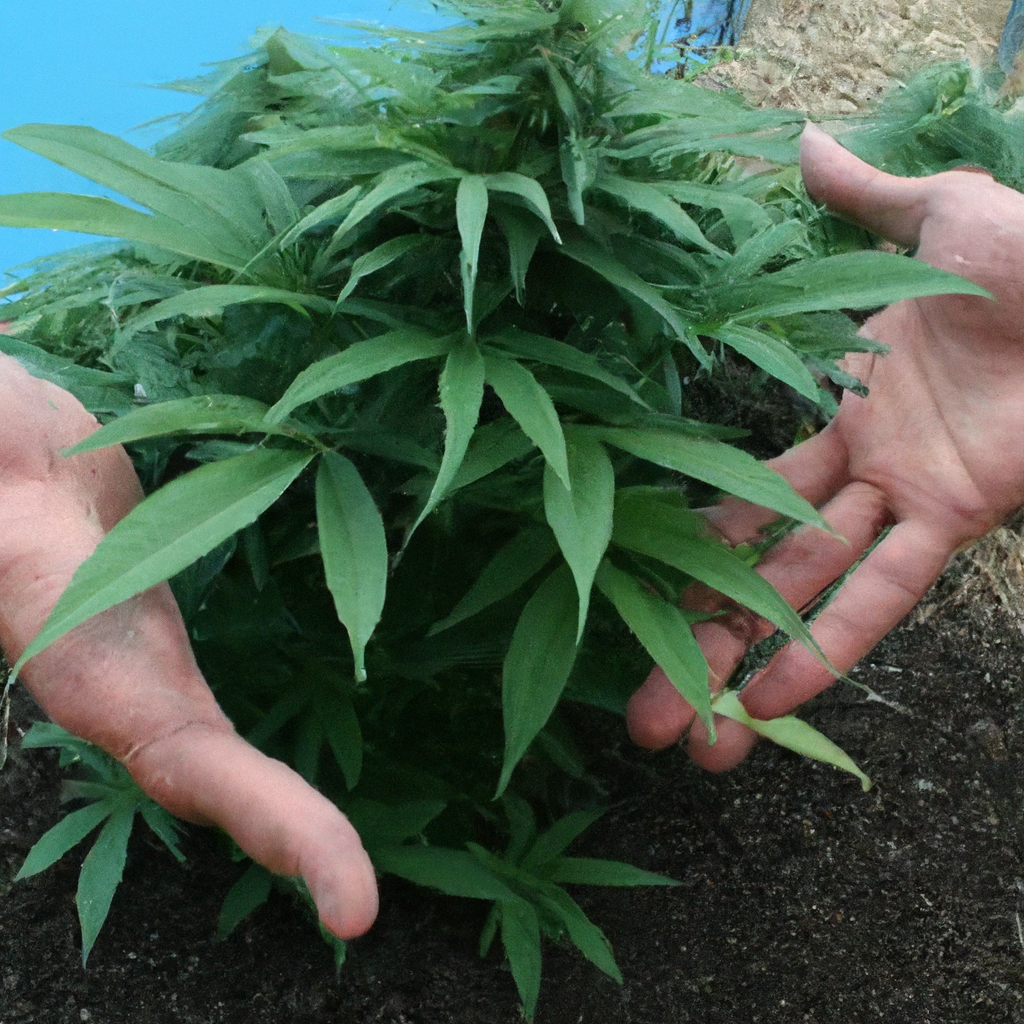
Growing cannabis organically involves utilizing natural processes that benefit both the environment and consumers, avoiding synthetic chemicals, and emphasizing sustainability. By building a healthy soil ecosystem rich in beneficial microbes and using natural fertilizers like fish emulsion and seaweed extract, growers can achieve high-quality yields with improved taste and aroma. Sustainable pest control methods, such…

As the cannabis industry expands, more growers are adopting organic practices for healthier plants and sustainable operations. This guide explores top methods for organic cannabis cultivation, focusing on natural fertilizers, composting, and eco-friendly pest control. It emphasizes building a rich soil ecosystem through composting, crop rotation, and mulching. The use of natural fertilizers like bone…
